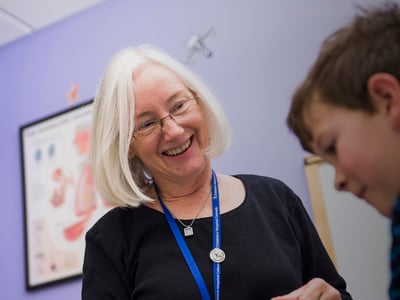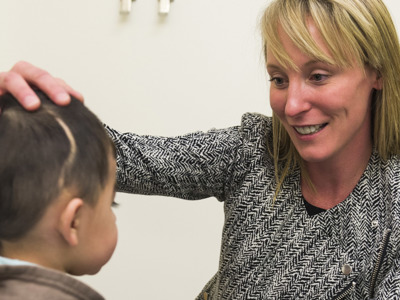- Doctors & Departments
-
Conditions & Advice
- Overview
- Conditions and Symptoms
- Symptom Checker
- Parent Resources
- The Connection Journey
- Calm A Crying Baby
- Sports Articles
- Dosage Tables
- Baby Guide
-
Your Visit
- Overview
- Prepare for Your Visit
- Your Overnight Stay
- Send a Cheer Card
- Family and Patient Resources
- Patient Cost Estimate
- Insurance and Financial Resources
- Online Bill Pay
- Medical Records
- Policies and Procedures
- We Ask Because We Care
Click to find the locations nearest youFind locations by region
See all locations -
Community
- Overview
- Addressing the Youth Mental Health Crisis
- Calendar of Events
- Child Health Advocacy
- Community Health
- Community Partners
- Corporate Relations
- Global Health
- Patient Advocacy
- Patient Stories
- Pediatric Affiliations
- Support Children’s Colorado
- Specialty Outreach Clinics
Your Support Matters
Upcoming Events
Child Life 101
Wednesday, June 12, 2024Join us to learn about the work of a child life specialist, including...
-
Research & Innovation
- Overview
- Pediatric Clinical Trials
- Q: Pediatric Health Advances
- Discoveries and Milestones
- Training and Internships
- Academic Affiliation
- Investigator Resources
- Funding Opportunities
- Center For Innovation
- Support Our Research
- Research Areas

It starts with a Q:
For the latest cutting-edge research, innovative collaborations and remarkable discoveries in child health, read stories from across all our areas of study in Q: Advances and Answers in Pediatric Health.


Craniofacial Center
Apert Syndrome
We specialize in the big things, the small things and everything in between.

What is Apert syndrome?
Apert syndrome, also known as acrocephalosyndactyly, is a condition characterized by abnormalities of the skull, midface and limbs. The following diagnoses may be found in a child with Apert syndrome, but it is uncertain whether Apert syndrome causes the problems:
- Heart defects
- Hydrocephalus
- Cleft palate
- Pyloric stenosis
- Polycystic kidney/hydronephrosis
- Acne
- Pulmonary atresia
- Vertebral abnormalities
- Otitis media
Who gets Apert syndrome?
Apert syndrome is a rare congenital condition that occurs in 1 of 100,000 newborn babies with a 1:1 male to female ratio. It can be inherited in an autosomal dominant fashion (from a parent with Apert syndrome) or be due to a fresh genetic mutation. A parent with Apert syndrome has a 50% chance of passing the condition to a child. The diagnosis is associated with increased paternal age. The mutation occurs on chromosome 10 involving the fibroblast growth factor receptor 2 (FGFR2) gene.
What are the symptoms of Apert syndrome?
The skull is affected by craniosynostosis, or premature fusion of the coronal ring. This results in an abnormal head shape. The appearance is one of a tall and short (from front to back) head. This is known as turribrachycephaly. The head is often large and the midface is flattened or retruded. As a result, the eyes may bulge out and the child may develop an underbite and an open bite. The hands and feet are affected by syndactyly, or webbing. Many children with Apert syndrome have variable degrees of mental, speech or developmental delays.
How is Apert syndrome diagnosed?
Examination of your child's skull, face and body will help guide your child's doctor towards a correct diagnosis. Your child will be seen by a geneticist at Children's Hospital Colorado to test whether he or she has the genetic mutation that causes Apert syndrome. A CT scan and/or an MRI will be used to diagnose the changes in the skull that are associated with Apert syndrome.
Apert syndrome treatment
A thorough evaluation by the craniofacial team will be undertaken. Your child may also see specialists in consultation to better diagnose and treat his or her particular condition(s). Together we will create a comprehensive treatment plan for your child.
The main concerns in the early treatment planning for children with Apert syndrome have to do with the brain, vision and breathing.
The premature fusion of multiple sutures in the skull may cause restriction on the growing brain. This constriction can cause increased intracranial pressure. In order to release the pressure, surgery on the skull may need to be undertaken within the first year. This may be in the form of cranial remodeling or distraction osteogenesis, depending on the specific needs of your child.
Surgeries to protect the eyes may be needed. These may include tarsorraphy of the lids (the eyelids are partially sewn together to narrow the opening) or fronto-orbital advancement of the bones of the forehead and upper eyes.
Some children with difficulty breathing will require a tracheostomy. As the child grows, it may be necessary to perform a LeFort III or Monobloc in order to improve the form and function of the face. These procedures can positively affect the ability to protect the eyes and breathe while sleeping. The timing of these surgeries, if needed, is dictated by the severity of your child's symptoms. In late adolescence, the child may require orthognathic surgery to improve facial balance and his or her bite.
Procedures to separate the fingers and thumbs of the hands are usually undertaken within the first year. The surgeries are typically staged and involve skin grafting. The feet only require surgery if the ability to walk is compromised by the syndactyly (webbed toes).
Learn about how the Craniofacial Team works.
Learn what to expect before, during and after surgery.
Next steps
-
Would you like to learn more about us?
Learn more about the Craniofacial Center -
Do you have questions about your child’s condition?
720-777-5578

Compassionate care, wherever you are
We’re here when you need us. Telehealth appointments are available across every specialty, so you can get the high-quality care we’ve always offered from the comfort, privacy and convenience of home.
See if telehealth is right for you
Get to know our pediatric experts.
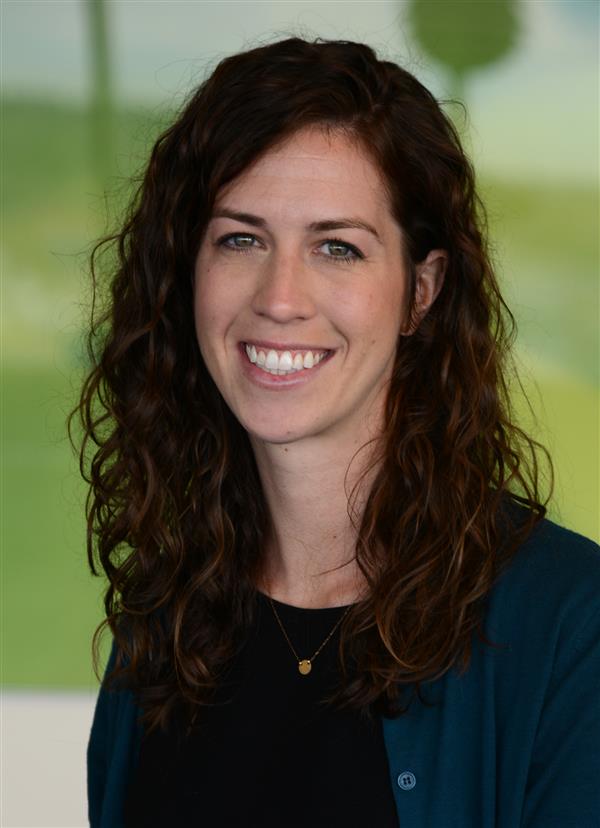
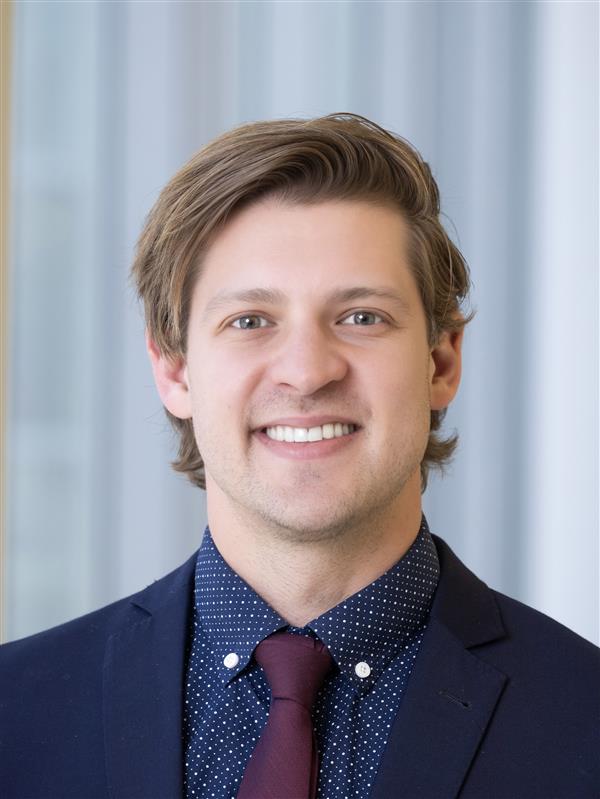
Mark Greyson, MD
Hand Surgery, Plastic & Reconstructive Surgery, Surgery
Patient ratings and reviews are not available Why?
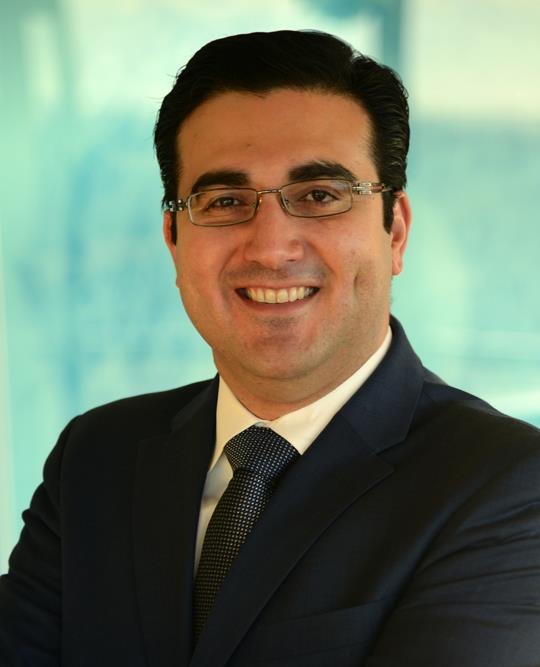
David Khechoyan, MD
Plastic & Reconstructive Surgery

Rachel Burns, CPNP-PC
Certified Pediatric Nurse Practitioner
Patient ratings and reviews are not available Why?



 720-777-0123
720-777-0123




